Keeping it together
Teachers provide a lot of support for their students, but who’s there to support them? Lauren Hines talks about the struggles that teachers deal with and how they keep it together
Special education teacher Lauren Hines helps a student work on a paper for English class in her room 402 at the Freshman Campus.
April 19, 2023
Therapy often helps people help people. People who help themselves find it easier to help others. If someone is mentally healthy, they have the capacity to be more helpful towards others. Lauren Hines helps people a lot. Some students may require extra support, and she has somewhat stepped into that role for others.
Hines has a masters in reading and is also a special education teacher. She has been teaching for a very lengthy time, about 11 years or so, although she has only been working at MCHS since 2019.
“I really feel like kids need to be mentally healthy before any learning can happen,” Hines says, “so I really think on my day to day basis, I try to check in with kids.”
Due to Hines’ belief of mental health being extremely important, students feel safe around her. The majority, at the very least, sees her as a good support. This, of course, is important to all students. Other teachers seem to believe in her as a great support as well.
“I don’t think I’ve met another person as genuine as she is,” Meghan Steck, another MCHS teacher says, “she is able to learn all of her students’ names within the first couple of days of school, and she is always talking to them about things going on in their life, which shows that she not only cares about them as students but also as people.”
Not only is it apparent to students that she cares about them, but clearly it is obvious to other staff as well. Although, of course, she has her own problems.
“I think one of my largest problems is sometimes, I don’t really know the right things to say,” Hines says, “I think sometimes I think adults should have it all together, but I don’t have it all together.”
Hines is referring to teaching students who don’t really want to be at school and her personal struggle with. She thinks she should know everything to say and do, but she doesn’t. Despite not knowing everything, this quote certainly shows that she wants to help these students in any way she can. Hines, of course, has her own problems outside of teaching though.
“I don’t want to always have the impression that I’ve got it together, because I don’t, and your teachers are real people that are struggling with other things too.”
Hines gets a little personal. She shares that she and all other teachers struggle with their own problems. She seems to enjoy teaching despite this, but maybe she could do something else that might be less taxing on her.
“I’ve also with the start of this year, and having a panic attack of like, do I want to be teaching forever? Is this really something I want to do? I don’t really know. That’s a great question. I haven’t figured it out yet, I like teaching and don’t see myself doing anything different at this point. I’m working on this in my therapy session. I gave myself permission, like, if I wanted to do something else, I could. Which felt really big to me, you know, I’m not locked into this one thing and it’s okay.”
While Hines is a common support for students, she has her own problems, too, which makes it all the more impressive that she’s there for others. Maybe, people who help themselves, find it easier to help others after all.



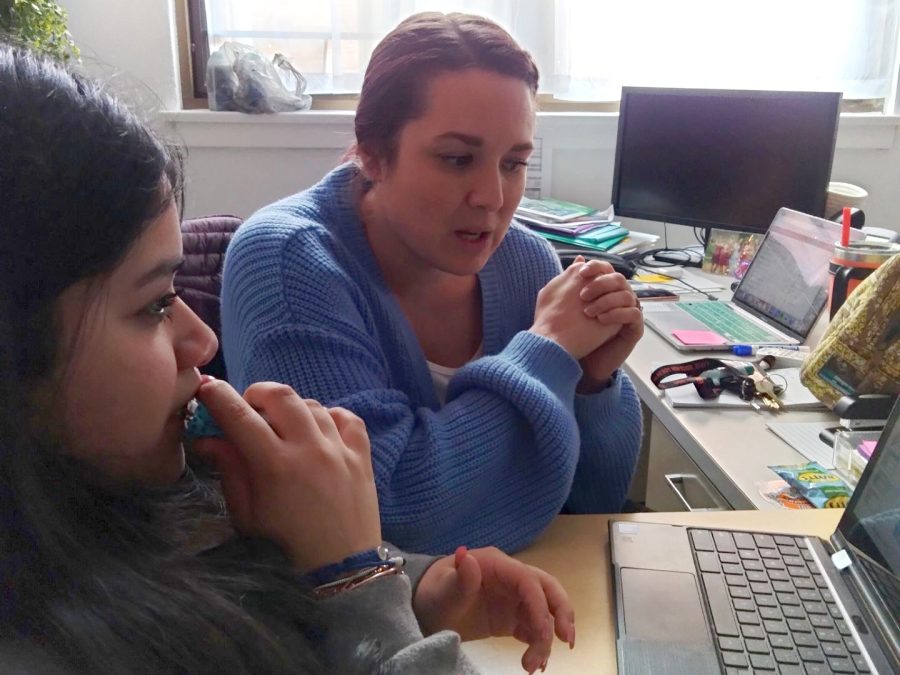
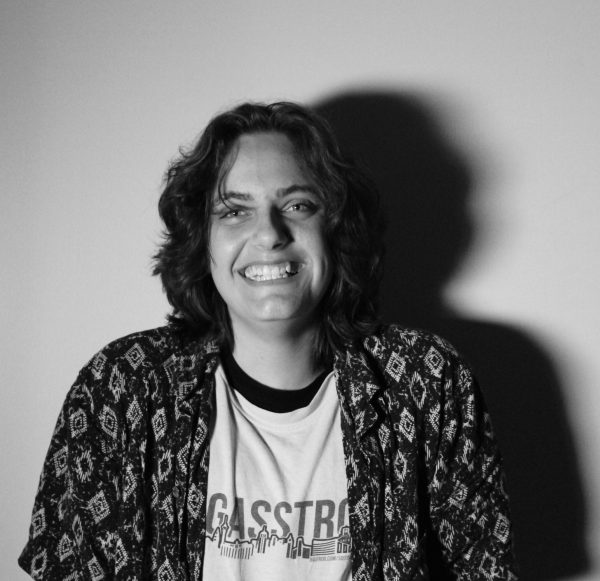




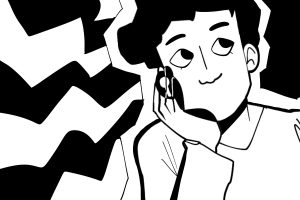




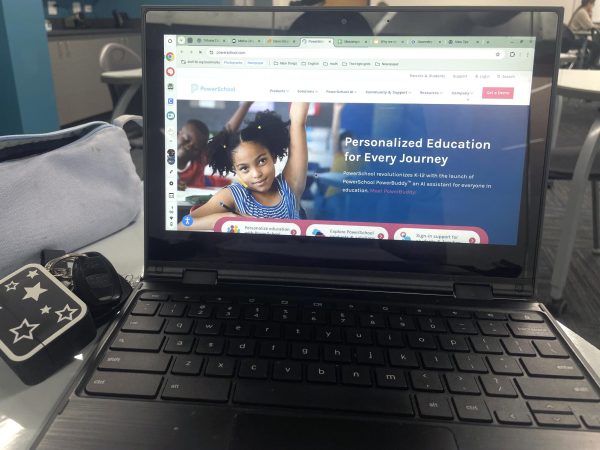
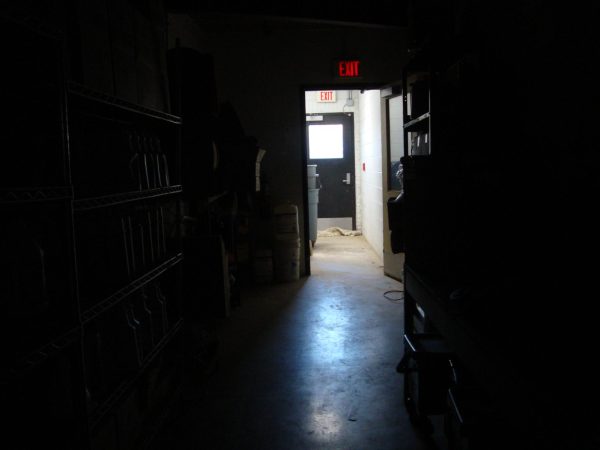
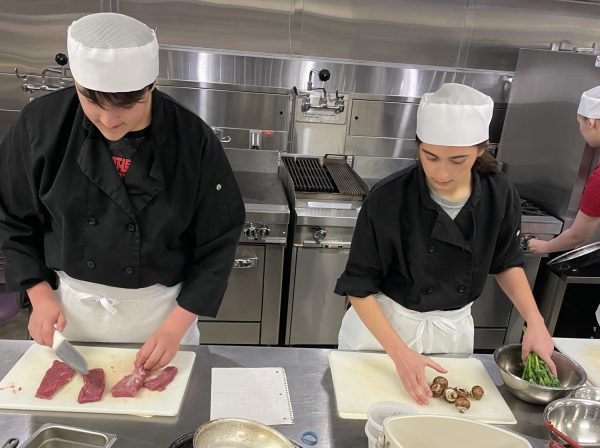
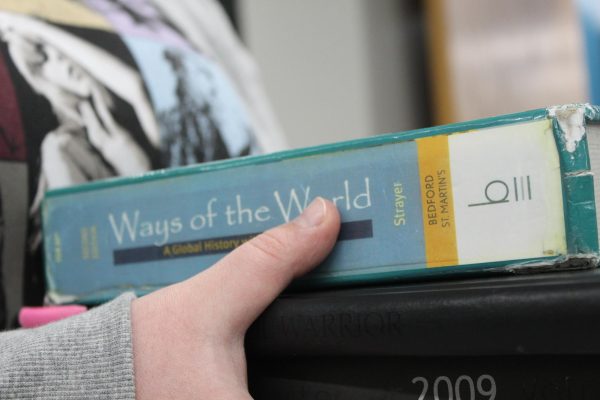
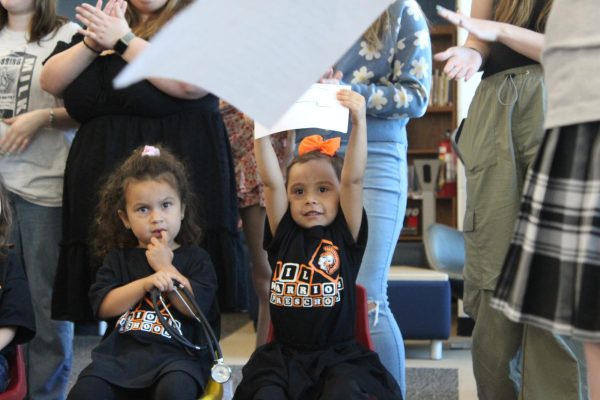
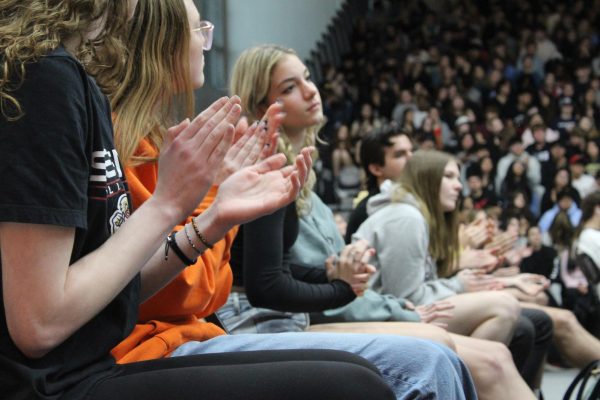
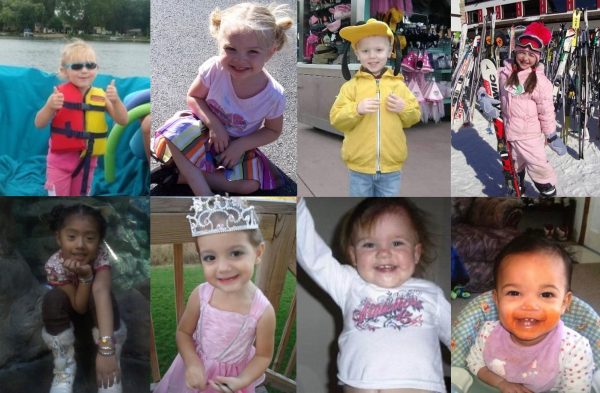
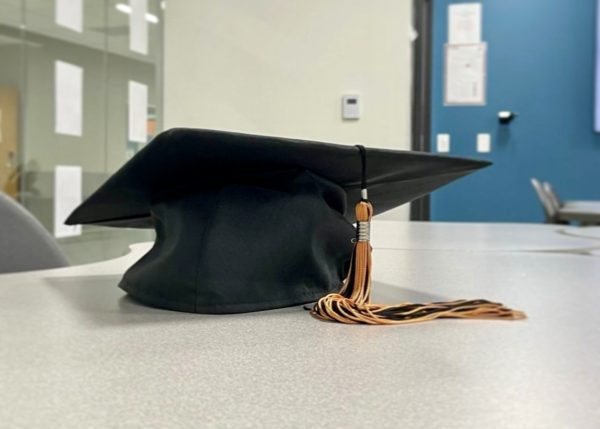

elijah latronica • Apr 19, 2023 at 4:24 pm
I think this is such a good article, impeccable writing could not have been better (i am not elijah)